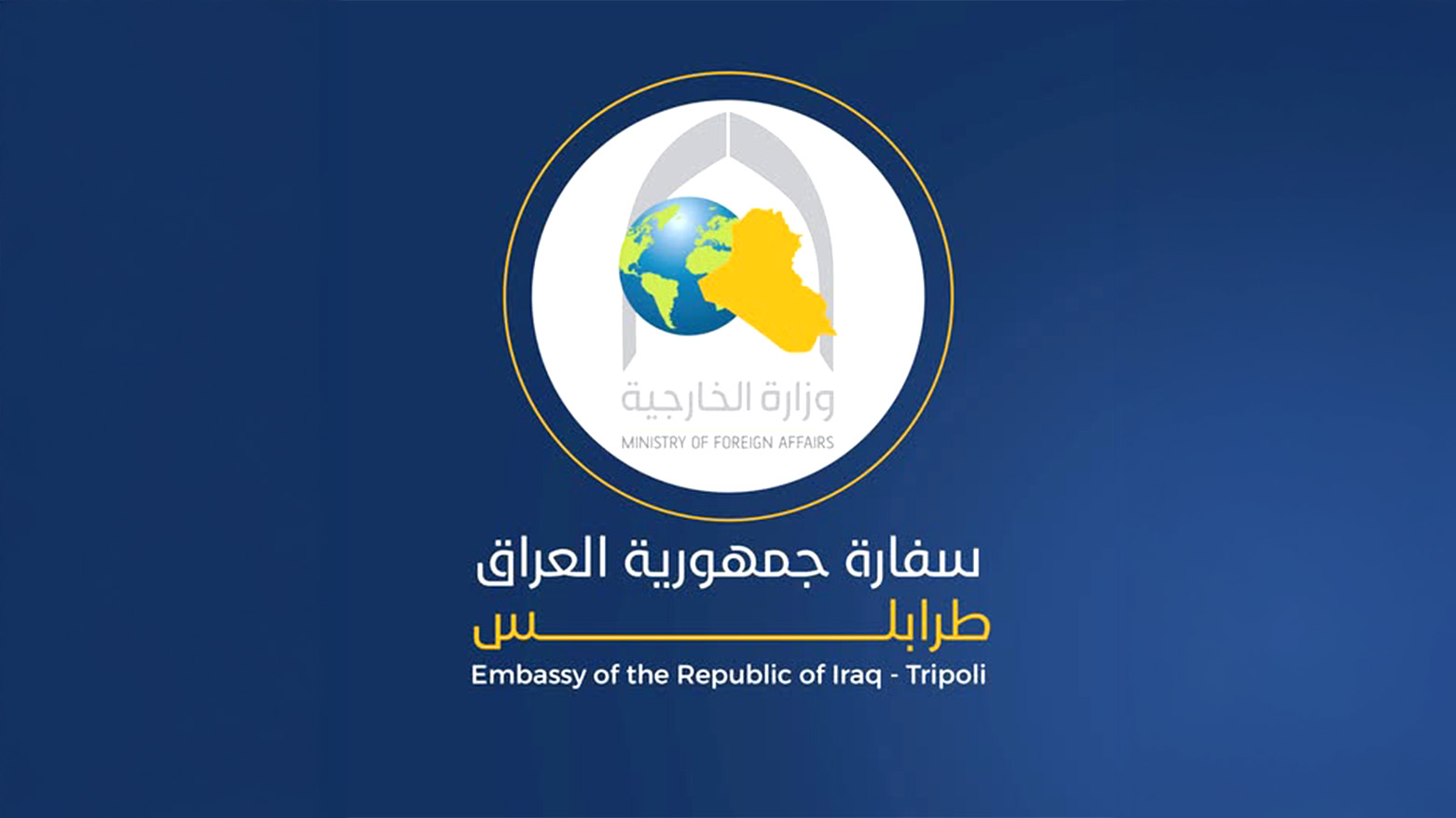Iraqi Embassy Urges Citizens in Tripoli to Stay Indoors Amid Escalating Violence
“We have issued a call to our citizens living in Tripoli to take the utmost precautions and to remain at home, in line with instructions from official authorities,” Al-Sahaf said.

ERBIL (Kurdistan24) — The Iraqi Embassy in Libya has issued an urgent warning to Iraqi nationals residing in Tripoli, urging them to remain indoors and exercise extreme caution as violence intensifies in the Libyan capital.
According to the Iraqi News Agency (INA), the chargé d’affaires at the Iraqi Embassy in Libya, Ahmed Al-Sahaf, announced on Tuesday that a formal advisory had been communicated to the Iraqi community in Tripoli in response to the deteriorating security situation.
“We have issued a call to our citizens living in Tripoli to take the utmost precautions and to remain at home, in line with instructions from official authorities,” Al-Sahaf said. He added that a dedicated emergency phone line had been established to receive distress calls from Iraqi nationals.
The embassy also published the warning on its official Facebook page, reiterating: “The Embassy of the Republic of Iraq in Tripoli calls on its esteemed citizens residing in the Libyan capital to take maximum precautions and remain at home, in response to official directives and to ensure their safety.”
The advisory follows reports from Libyan media on Monday of fierce clashes and unusual military movements within Tripoli. Air traffic at the city’s main airport was reportedly suspended after the killing of Abdul Ghani Al-Kikli, the controversial head of Libya’s Stabilization Support Apparatus. His death has triggered a wave of armed confrontations between rival factions, raising fears of a wider security breakdown in the capital.
Libya’s Volatile Security Landscape
Libya has remained deeply fragmented since the fall of Muammar Gaddafi’s regime in 2011, with competing militias and parallel governments vying for power. Despite the establishment of a UN-backed political process, armed factions continue to exert significant influence, particularly in Tripoli, where control often shifts between rival groups.
Abdul Ghani Al-Kikli, also known as “Ghaniwa,” was a powerful militia leader with close ties to key political actors. His assassination threatens to unravel fragile ceasefires and power-sharing agreements painstakingly brokered over recent years.
The Iraqi community in Libya, though relatively small, has frequently found itself vulnerable in times of crisis. The embassy’s swift call for caution underscores the unpredictability of the situation on the ground and the heightened risk to foreign nationals.